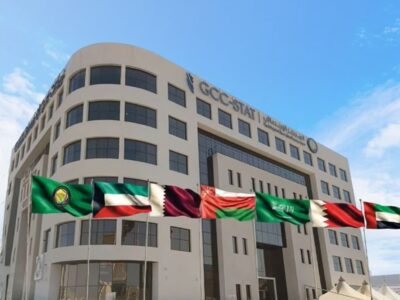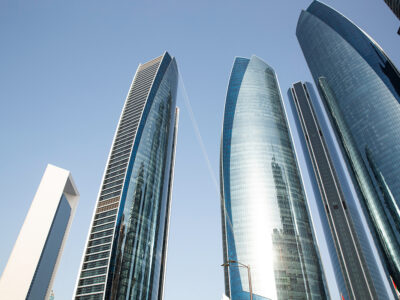Filipino workers in Saudi Arabia have little to fear from the kingdom’s new crackdown on expat workers, a senior Philippines official has said.
Labour Undersecretary Danilo Cruz said he believes the new Nitaqat scheme to create more jobs for Saudi nationals in the private sector would have little impact on overseas Filipino workers (OFWs).
In July, a workers’ group said around 40 percent of the 1.2 million Filipino workers in Saudi Arabia are at risk from Riyadh’s plans to make firms hire more Saudis.
But in a radio interview cited by the Philippines Information Agency, Cruz said: “Based on our experience, Saudi nationals…prefer to work in government than in private companies because they get higher pay, labour policies are not as strict, and they have shorter working hours.
“Most of the jobless Saudi nationals cannot compete with foreign workers, simply because they do not have the proper skills and capabilities,” Cruz said.
He said Saudization, which requires Saudi companies to fill up their workforce with Saudi nationals up to certain levels, had not affected the recruitment of OFWs since its implementation in 2006.
He attributed this to the competitive edge of foreign workers against the Saudi nationals.
“I think the Saudi nationals do not have the right credentials, especially their women. They are usually not inclined to finish their schooling, as they are more focused on their domestic needs, so they are also not applying in private companies,” Cruz said.
He added that displaced workers forced out of smaller companies in the kingdom were likely to be “absorbed by the big companies which are authorised to hire foreign workers”.
In July Philippine Foreign Affairs Undersecretary Esteban Conejos said he expects “some” of its 1.3 million workers in Saudi Arabia to lose their jobs because of the Middle East state’s new labour policy.
“We are looking for alternate jobs for them either here or abroad,” Conejos said.
Companies in the world’s top oil exporter have until November 26 to achieve a set quota of Saudi employees, or face tough penalties including a ban on renewing visas for foreign workers.
Firms will be graded as red, yellow and green. Expat employees of ‘red’ companies will not have their visas renewed at all, while ‘green’ companies will net a host of benefits, including fast-track visas for foreign workers.
Expats within red firms whose visas are not renewed will need to secure a post within a green company in order to stay in the kingdom.
Saudi Arabia is the biggest employer of Filipinos in the Middle East, and last year, remittances from Saudi Arabia grew 5 percent to $1.54 billion, 8 percent of total remittances of $18.76 billion, which help underpin consumer spending in the Philippines.
Total inflows from overseas foreign workers (OFWs) grew 8.2 percent in 2010.








